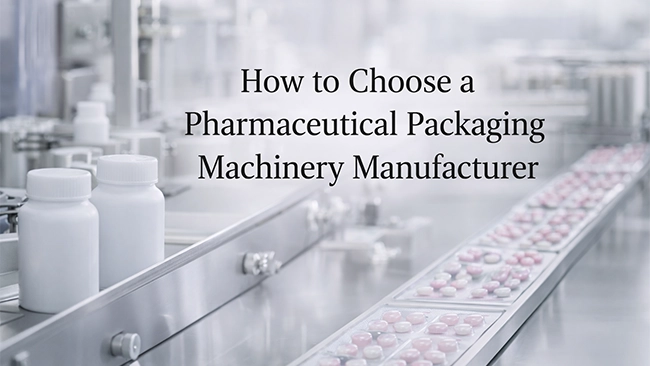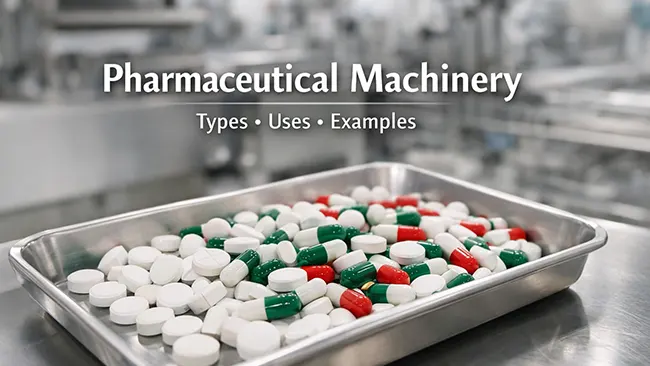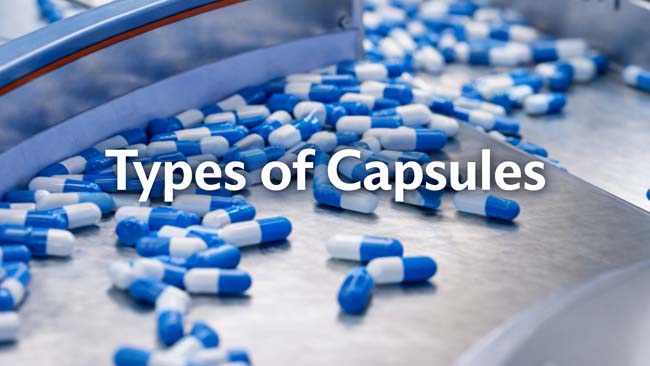Die Wahl des richtigen Tablettenpresse in modern pharmaceutical production is crucial for improving production efficiency and ensuring product quality. The performance and adaptability of the tablet press directly affect the production process and the compliance of the final product. Therefore, understanding how to select an appropriate tablet press will help you stand out in a competitive market. This article will delve into the key factors to consider when choosing a tablet press, guiding you to make informed decisions.
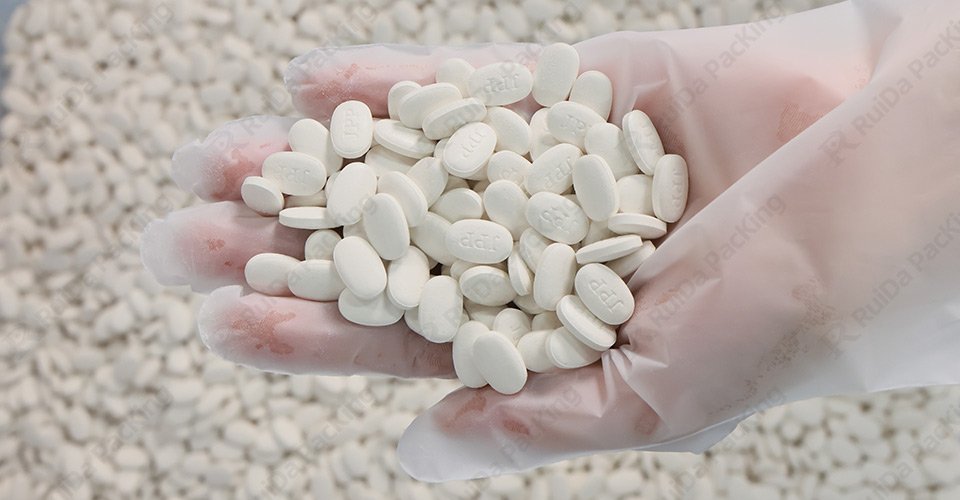
Schlüsselfaktoren bei der Auswahl einer Tablettenpresse
1. Produktionsbedarfsanalyse
Bevor Sie sich für eine Tablettenpresse entscheiden, müssen Sie Ihren Produktionsbedarf klären. Dazu gehört die Abschätzung Ihres Produktionsumfangs, der benötigten Menge pro Tag oder Stunde und der Art der Medikamente. Verschiedene Arzneimittel stellen beim Tablettenpressen unterschiedliche Anforderungen. Beispielsweise erfordern bestimmte Nahrungsergänzungsmittel oder Spezialmedikamente möglicherweise eine höhere Präzision und Konsistenz, während herkömmliche Tabletten geringere Anforderungen an die Ausrüstung stellen.
Durch die Ermittlung dieser Anforderungen können Sie die für Ihre Produktionslinie geeigneten Tablettenpressentypen genauer herausfiltern und so eine Ressourcenverschwendung durch ungeeignete Entscheidungen vermeiden.
2. Arten von Tablettenpressen
Understanding the different types of tablet presses is crucial. There are two main types of tablet presses on the market: rotary tablet press and high-speed tablet press machine. Rotary tablet press are typically designed for small to medium batch production, are fully automated, easy to operate, and have a capacity of 10,000 to 100,000 tablets per hour. High-speed tablet press machine, on the other hand, are designed for large-volume production, with a rotary table speed of up to 110 revolutions per minute, a capacity of hundreds of thousands of tablets per hour, and are equipped with a single-tablet rejection function.
Wählen Sie das Modell, das am besten zu Ihrem Produktionsumfang und Ihren Anforderungen passt, da die Art der Tablettenpresse Ihre Produktionseffizienz und Produktqualität direkt beeinflusst.
3. Geräteleistung
Die Leistung der Tablettenpresse ist ein weiterer entscheidender Faktor. Sie müssen die Produktionsgeschwindigkeit, die Stabilität beim Tablettenpressen und die Haltbarkeit der Maschine berücksichtigen. Die Produktionsgeschwindigkeit beeinflusst direkt Ihre Produktion, während Stabilität und Haltbarkeit die langfristige Betriebswirtschaftlichkeit und die Wartungskosten beeinflussen.
Eine effiziente Tablettenpresse erledigt mehr Arbeit in kürzerer Zeit, reduziert Ausfallzeiten und steigert die Produktivität. Darüber hinaus reduzieren hochwertige Tablettenpressen die Häufigkeit von Austausch und Reparaturen deutlich und senken so die Betriebskosten.
4. Technische Daten
Achten Sie bei der Auswahl einer Tablettenpresse auf die technischen Daten. Insbesondere der Druckbereich, die Matrizenkompatibilität und die Einstellflexibilität sollten berücksichtigt werden. Verschiedene Medikamente erfordern möglicherweise unterschiedliche Pressdrücke, und die Wahl der Matrizen kann das Aussehen und die Härte der Tabletten beeinflussen.
Je flexibler die Ausrüstung ist, desto besser lässt sie sich an unterschiedliche Anforderungen der pharmazeutischen Produktion anpassen und ermöglicht Ihnen schnelle Anpassungen während des Herstellungsprozesses.
5. Betrieb und Wartung
Auch die einfache Bedienung und Wartung sind wichtige Auswahlkriterien. Achten Sie darauf, ob die Benutzeroberfläche des Geräts benutzerfreundlich ist und wie leicht sich die Bediener in das System einarbeiten können. Darüber hinaus sollten Reinigung und Wartung der Tablettenpresse unkompliziert sein, was sich positiv auf die tägliche Produktionseffizienz auswirkt.
Eine einfach zu bedienende und zu wartende Tablettenpresse kann die Schulungskosten erheblich senken und eine hohe Produktivität der Produktionslinie gewährleisten.
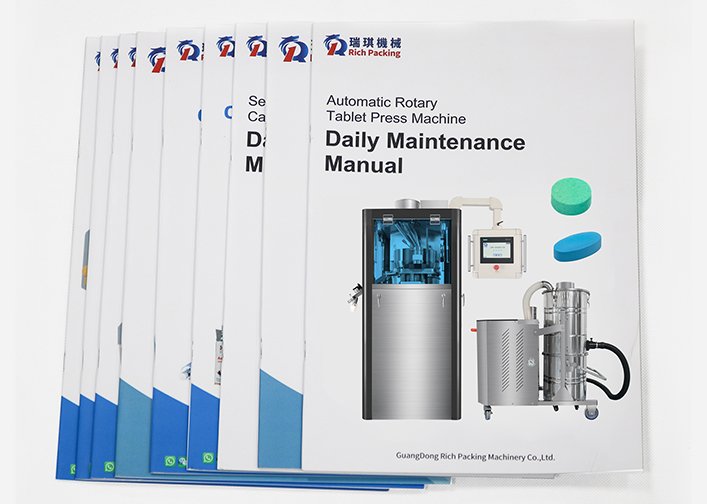
6. Kosteneffizienz
Bei der Auswahl einer Tablettenpresse ist eine umfassende Kosten-Nutzen-Analyse unerlässlich. Vergleichen Sie die Preise verschiedener Marken und Modelle und berechnen Sie die Kapitalrendite. Berücksichtigen Sie neben den Anschaffungskosten auch die langfristigen Betriebskosten, einschließlich Verbrauchsmaterial, Wartung und Energieverbrauch.
Bevor Sie eine endgültige Entscheidung treffen, stellen Sie sicher, dass die gewählte Ausrüstung hinsichtlich Leistung, Preis und Service die beste Kapitalrendite bietet.
Schritte zur Auswahl der richtigen Tablettenpresse
1. Bedarfsanalyse
Definieren Sie Ihre Produktionsziele und Produktspezifikationen klar und deutlich. Dies ist der erste Schritt bei der Auswahl einer geeigneten Tablettenpresse. Führen Sie im Zuge dessen Marktforschung durch, um die Erfahrungen anderer Unternehmen der Branche und deren eingesetzte Geräte zu verstehen.
2. Beratung durch Experten
Der Austausch mit Geräteherstellern oder Branchenexperten ist eine wichtige Möglichkeit, professionelle Einblicke zu gewinnen. Ihre Erfahrungen können Ihnen helfen, die Vor- und Nachteile verschiedener Modelle besser zu verstehen und maßgeschneiderte Lösungen für Ihre Produktionsanforderungen zu finden.
3. Probenprüfung
Fordern Sie nach Möglichkeit eine Mustermaschine zur Probe an, um zu prüfen, ob die Leistung Ihren Anforderungen entspricht. Durch die praktische Bedienung können Sie die Funktionalität und Leistung des Geräts intuitiv erfassen und so eine fundiertere Entscheidung treffen.
4. Kaufentscheidung
Nachdem Sie verschiedene Faktoren wie Technologie, Kosten und Service berücksichtigt haben, können Sie eine endgültige Kaufentscheidung treffen. Stellen Sie sicher, dass alle ausgewählten Optionen Ihren Produktionsanforderungen und Ihrem Budget entsprechen.

Antworten auf häufig gestellte Fragen
– Wie kann ich feststellen, ob eine Tablettenpresse für mich geeignet ist?
Sie können Ihren Produktionsbedarf, die Leistung der Ausrüstung und die Benutzerfreundlichkeit beurteilen, um die Eignung zu bestimmen.
– Soll ich neue oder gebrauchte Geräte wählen?
Neue Geräte bieten in der Regel eine bessere Leistung, während gebrauchte Maschinen günstiger sein können. Bei Ihrer Wahl sollten Sie Ihr Budget und die Wartungshistorie der Geräte berücksichtigen.
– Wie hoch ist die typische Lebensdauer einer Tablettenpresse?
Hochwertige Tablettenpressen können viele Jahre halten, ihre Lebensdauer wird jedoch von Wartungspraktiken und Nutzungsbedingungen beeinflusst.
Abschluss
Choosing the right tablet press is vital for modern pharmaceutical production, as it enhances production efficiency and ensures product quality. By considering production needs, equipment performance, operation and maintenance, and cost-effectiveness comprehensively, you will be able to make the best choice, ensuring your products remain competitive in the market.
